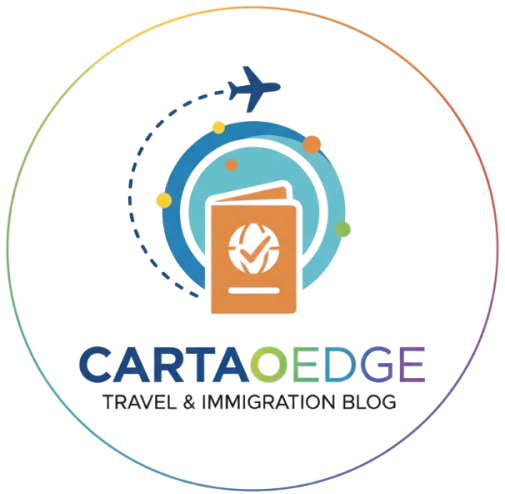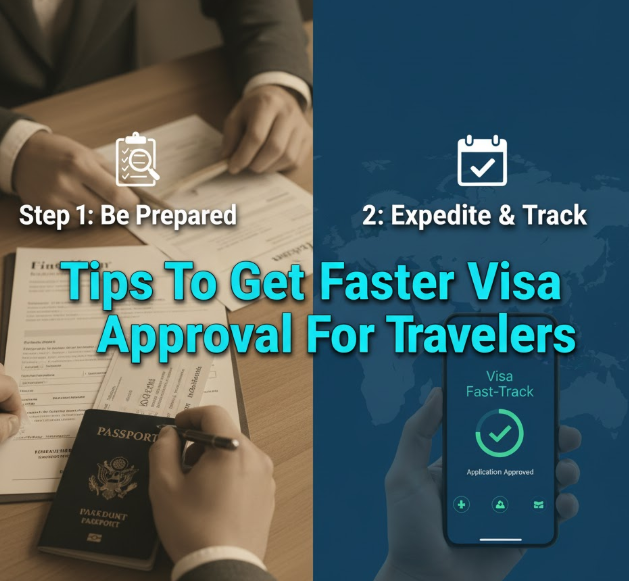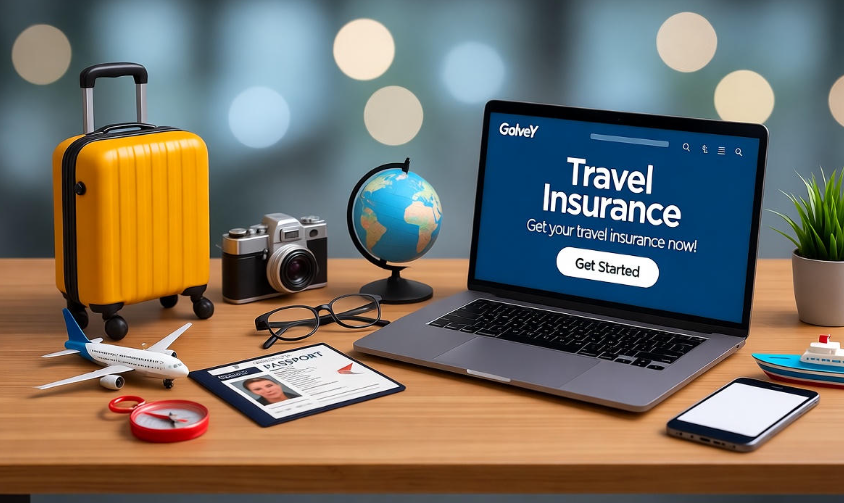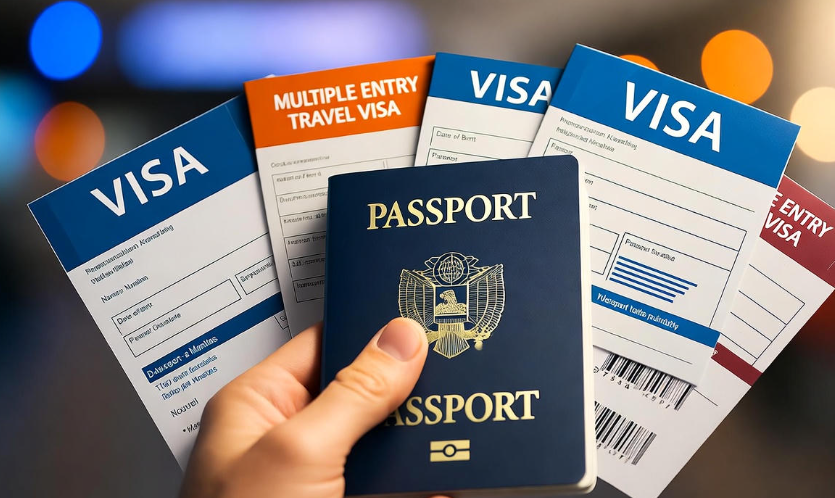The difference between booking that dream vacation and throwing it away entirely can be made through getting your visa approved quickly. Whether for a business venture, family visit or wild vacation, the anxiety of waiting weeks for that “approved” visa is nerve-racking. The good news? However, there are methods that can help speed up the process and increase your chances of getting approved more quickly.
Millions of passengers each year suffer visa delays as a result of simple errors which could have been easily prevented. These small mistakes, from improper paperwork to terrible photos, can add weeks or months to your wait. Knowing how to avoid mistakes and insights into what officers are looking for, as well as the professional way your case is represented, can all help save time in processing.
As a comprehensive guide, you can find the secret tips and practical strategies of applying for your schengen visa in this detailed guide! You will learn how to process flawless documentation, which mistakes to avoid and how you can benefit from services that can expedite your approval. Here are the best ways to ensure you get a visa fast.
Start Your Application Early
The biggest mistake travelers make is to wait till the last minute. Even if you believe you can get the visa secured in two weeks, getting ahead of schedule allows an additional buffer for unexpected delays.
Why early application matters:
- Changes in embassy work during high season
- Time for correction of errors or submission-time, to furnish the missing documents
- Ability to apply for expedited processing if one is available
- Reduced stress and better decision-making
Most nations advise the vaccine to be applied 3-6 weeks before travel, but savvy travelers start sooner than that. There are times during holidays like summer or Christmastime when processing may take twice as long. If you are applying for popular destinations during tourist season, add additional weeks to your timeline.
Getting an early start also allows you to schedule your appointments at the most convenient times, instead of taking whatever time slots are left. For many embassies, appointments must be scheduled and can book up for weeks in busy seasons.
Fill In Every Part Of The Application Form
Inadequate applications account for more than 50 percent of the reason that visas are delayed or refused. Every single blank space on your application raises a red flag for the visa officers, even if you think that a section does not apply to you.
Key principles for form completion:
- Never leave empty spaces, enter “N/A” if it does not apply
- Spell your name EXACTLY as it appears in your passport from here on out
- Review all dates and amounts before you send it in
- Answer questions honestly and consistently
- If you are filling online, always save your application
Particular attention should be given to: details of employment, travel history and financial details. These are the most important sections in visa cases. If you are not working, describe succinctly where your money comes from. If you have traveled a lot, list your most recent and relevant trips.
Many countries currently have online application processes. These platforms generally have auto-save features, but you shouldn’t rely entirely on them. Save a copy of your application for you to refer to during the interview.
Gather Strong Supporting Documents
The visa officer communicates with you through the supporting documents you provide. Powerful documentation of your legitimate need to travel, and your ties to your home country that will bring you back.
Financial Documentation
Most visas require evidence of financial sufficiency. You have to prove that you can afford the trip without engaging in illegal work.
Essential financial documents:
- Statements from the bank for the last 3-6 months evidencing regular transactions
- Letter of employment on company letterhead showing salary
- Last 2-3 years income tax returns
- Property documents or vehicle registration
- Certificates of deposits or fixed deposit documents
Do not make the mistake of suddenly depositing a large sum right before applying. Visa officers search for established patterns of income and saving. If you are receiving financial support from family or sponsors, provide their bank statements and a letter of sponsorship.
Travel and Accommodation Proof
By having solid travel plans in place, you are showing that you mean business!
What to include:
- Return air ticket (not paid ticket before the visa approval)
- Reservations in a hotel or letters of invitation from your hosts
- Detailed travel itinerary with date and place
- Tour booking or conference registration if appropriate
- Travel insurance for your entire journey
An invitation letter for visiting family or friends is powerful. This should contain your host’s immigration status, address and relationship to you as well as a commitment from them to support you while here.
Get Professional Passport Photos
A photo by which a face is barely visible is still the number one reason applications are rejected. Different countries have different photo requirements and automated computer programs may reject applications with non-compliant photos.
Photo requirements checklist:
- Of appropriate size (2×2 inch in most cases, but may vary from country to country)
- White or light-colored background
- Recent photo (photo must have been taken in the last 6 months)
- Eyes both open with a neutral facial expression
- No sunglasses, hats or jewelry – except for religious reasons
- Nice lighting no shadow in face or background
Do not use selfies or other basic photos. Professional visa photo services will know the exact requirements by country. These days some embassies will allow you to submit digital photographs via their online application process, but these have to meet specific pixel dimensions and file sizes.
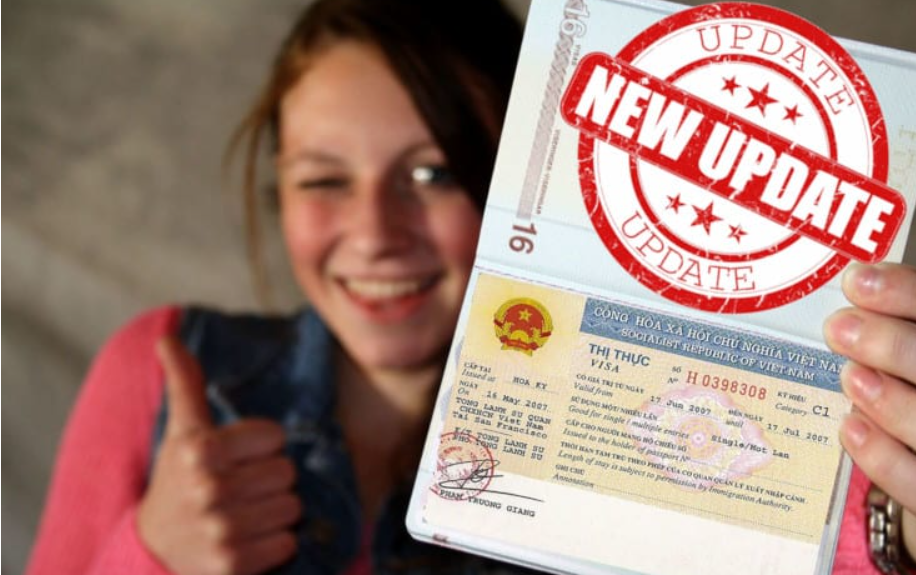
Write a Compelling Cover Letter
A well-crafted cover letter can make your application stand out. This is your opportunity to clarify the purpose of your travel, establish your bona fides and preempt any objections.
Key to a good cover letter:
First paragraph: Tell us your full name, passport number and the exact type of visa for which you are applying.
Purpose part: Clearly state what you will be doing while you are traveling (including precise dates, place and activities). Be detailed but concise.
Ties to home country: Highlight work, family, property or business obligations that will bring you back. This is very important for tourist visas.
Financial capacity: Give a brief account of how you will finance your trip, and refer to any documents in support.
Closing: Thank the officer for his or her time to consider your application and include a way to contact you.
One thing that people tend to neglect is what their cover letter should actually look like—keep it professional and keep it to one page, and let someone else (more experienced) proofread your letter for errors. Please stick this piece of paper on top of your stack so it’s the first thing the officer sees.
Apply During Off-Peak Times
Applying at the right time for an application strategy can have a massive impact on processing times. Workload of the Embassy is varying widely over the year.
Best times to apply:
- Early autumn (September-October)
- Late winter (January-February, with the exception of Chinese New Year)
- Midweek instead of Monday or Friday meetings
Times to avoid:
- Summer vacation season (June-August)
- During holidays (Christmas, New Year and Easter)
- Immediately prior to major destination country events
- The student visa academic year begins
Applying during off-peak times, if you can swing it, speeds the process along and gets your application more attention. When embassy employees aren’t inundated with hundreds of applications a day, they can be more careful about scrutinizing documents.
Use Premium or Expedited Services
Most countries make provision for fast-track processing, usually for an additional fee. These services tend to cost more, but they can also shrink your waiting time from weeks down to a few days.
| Service Type | Processing Time | Cost Range | Best For |
|---|---|---|---|
| Regular Processing | 2-4 weeks | Normal fee | Early birds |
| Priority Processing | 5-10 days | 50-100% extra | Businessmen |
| Super Priority | 1-3 days | 200-300% additional | Last-minute travelers |
| Premium Lounge Service | Not applicable | $100-300 | VIP treatment |
The expedited process does not guarantee an approval, but it does ensure quicker review. Consult the embassy in your destination country to see what’s available. Some countries (UK, Canada and Australia, for example) have long-established expedited services.
Business travelers sometimes need expedited services and optional premium offerings may include same-day appointments, specially designated processing lines, or pick-up services.
Prepare Thoroughly for Your Interview
Your visa interview is your chance to form a personal relationship. Confidence and being ready can play a huge role.
Interview preparation strategies:
Get to the office 15–30 minutes ahead of time with all your documentation in well-kept folders. Appear in professional attire as if you are going for a job interview. First impressions count and a professional look means you are as serious and reliable.
Practice common questions beforehand:
- “Why do you come to our country?”
- “What do you do for a living?”
- “Whom will you visit or where will you stay?”
- “How will you fund your trip?”
- “How do you feel connected to your home country?”
Answer questions directly and honestly. You want to avoid offering more information than you need to and don’t want to look like you’re being evasive. If you don’t get a question, it’s fine to ask for clarification instead of guessing.
Carry original documents even when you provided copies. Officers might have a reason to fact-check during the interview. Make sure that you turn off your phone and never take any items, which are not allowed into the embassy.
Demonstrate Strong Home Country Ties
Visa officers need to have some confidence that you are going to go back home after your trip. Strong home connections are frequently what make or break an approval.
Evidence of home ties includes:
Employment: A good job with decent pay and fringe benefits is a substantial deterrent to overstaying. Include an employment letter that indicates your job, earnings, length of employment with the company and approved leave dates.
Family: Having dependent children, a spouse or elderly parents in your home country is a strong force for return. Include certificates of marriage, birth and family photographs.
Property and assets: Owning a home, business or large investment represents financial stability and your ties to your country of residence.
Educational commitments: Students should be prepared to present letters of enrollment and explain how the trip will fit into their academic calendar.
Previous travel history: Visas from developed countries and a record of going home on time establish credibility.
Weave a compelling story in your application about how there is too much for you to lose if you don’t return home. Visa officers must feel that you are a temporary visitor, not an illegal immigrant.
Don’t Make The Common Mistakes That Will Slow You Down
Tiny mistakes can trip up even the most solid applications. Knowing where others go wrong enables you to steer clear of the same.
Mistakes to avoid:
Inconsistent information: Any two documents should have a consistent story to tell. If in your cover letter you say you are coming for sightseeing, but your itinerary shows nothing but business meetings—this would be seen as suspicious.
Strange financial activity: Sizable deposits that aren’t clearly traceable right before you apply could look like borrowed money. Show steady financial history instead.
Weak reason for travel: A vague “to see the country” is not convincing enough. Don’t just describe what you are going to do, but where and why now is the time.
Unsigned documents/applications: Unsigned applications/documents are not entertained. Check each page where your signature is required.
Incorrect visa type: If you have to spend several weeks applying for a tourist visa, only to be told that you need a business visa instead, you’ll lose that time. Carefully research the appropriate visa category.
Unbelievable travel arrangements: A 2 day long trip to another country, or visiting 10 countries in just 2 weeks sounds extremely fishy. Make reasonable plans that are logically related.
Poor documentation quality: Faded photocopies, illegible bank statements or documents produced in the wrong languages create extra work for officials. Provide clear, properly translated documents.
Be Mindful of the Status of Your Application
With the technology of today, there’s less of an excuse to not at least track your progress. Nearly all countries now have online tracking systems.
How to track effectively:
- Sign up for SMS or email notification when available
- Monitor online portals but don’t check obsessively
- You will need to keep your application reference number handy
- Check embassy webpage for visa processing time updates
- Contact embassy if processing is over time limits
If processing is delayed, please first check the Consulate or Embassy website for processing time updates. It’s normal for processing times to be longer during the busy periods. Only get in touch with the embassy if your wait exceeds these published estimates by a large amount.
A few visa application centers have status tracking apps. Download these for easy phone monitoring options.
Consider Using Visa Agents or Consultants
The services of expert professionals help in the faster and more efficient processing of tricky visa applications. Though they do charge fees, their experience can help save time and may decrease the likelihood of rejection.
When to use visa agents:
- Complicated travel history or prior rejections
- Complicated family or employment situations
- Time pressure to build application yourself
- Applications requiring extensive documentation
- Countries with particularly strict requirements
Choosing a reliable agent:
- Verify any qualification and registration with the appropriate professional body
- Read reviews from previous clients
- Check success rates for your destination country
- Understand all fees upfront
- Make sure they give you personalized service as opposed to templates
Good agents don’t just fill in forms—they look over your whole situation, spot any potential red flags and position your application for success. But never allow an agent to submit false information on your behalf. You are still liable for everything in your application.
Apply Only Through Official Centers
Due to the escalation of visa fraud, several countries have established official visa application centers. If you use unauthorized agents or websites, your application may be delayed or rejected.
How to verify official channels:
- Confirm these at the official website of the embassy and authorized centers
- Look for government verification seals
- Check the URL of the website, these type of fake sites look exactly like legitimate sites
- Don’t believe third-party sites that guarantee approval
- Make applications personally when necessary
Official application centers may be more costly than non-official agents in the street, but they support a receipt-tracking system, secure document handling, and have direct access to embassy systems. Your application ends up at the visa officer as opposed to going through unofficial channels.
In some countries, biometric data should be gathered in designated centers. This step is unavoidable, so don’t believe agents who say they can submit on your behalf without you being there.
Maintain Clear Communication Records
During the application process, document all interactions. This all comes in handy if questions come up.
What to keep:
- Email confirmations of application submission
- Appointment confirmation letters
- Payment receipts for all fees
- Courier tracking numbers for documentation sent by mail
- Phone call logs if you called the embassy
- Screenshots of online portal submissions
Store these in a folder, either electronic or physical that you can find easily. If you need to check on the status of your applications, having reference numbers and dates at your fingertips will make it easier to do so.
Prepare for Possible Additional Requirements
Visa officers ask for more documents, yes, even when applicants have prepared everything perfectly. Preparing for this possibility helps you move more quickly.
Common additional requests:
- More recent bank statements
- Evidence of particular qualification or license
- Additional photos or updated forms
- Clarification letters explaining certain circumstances
- Police clearance certificates
- Medical examination results
When you are asked for more documents, respond immediately. Every day you let go is adding up in terms of total process time. If you don’t know what’s asked for, the embassy will have to clarify before accepting your application.
Make sure you keep digital and physical copies of all documents that you send. If officers ask for something you’ve already submitted, you would be able to easily put the required item back into your application rather than getting new ones.
Learn From Previous Rejections
If you have been declined once, do not just reapply with the same information. Get the reasons why you were rejected and deal with them.
Steps after rejection:
- Ask for specific reasons for rejection if none are given
- Wait the proper time for reapplication (it will vary by country)
- Reinforce areas that were rejected
- You might want to turn to a professional for the more complicated cases
- Write a justification letter addressing the past rejection
A past rejection is not permanent disqualification. Many of the applicants who are initially refused succeed in receiving visas once they provide better information or documentation.
Understanding Processing Times by Country
There are also huge differences between countries in their processing methods. Knowing what to expect can help you prepare.
General processing time ranges:
Fast processing (5-10 days):
- Singapore
- Malaysia
- Thailand
- UAE
- Turkey
Medium processing (2-3 weeks):
- United Kingdom
- Canada
- Japan
- South Korea
- New Zealand
Slower processing (4-8 weeks):
- United States
- Schengen countries
- Australia
- China (depending on type)
These are estimates and could vary depending on your nationality, visa type and time of the year. Be sure to check the website of your particular embassy.
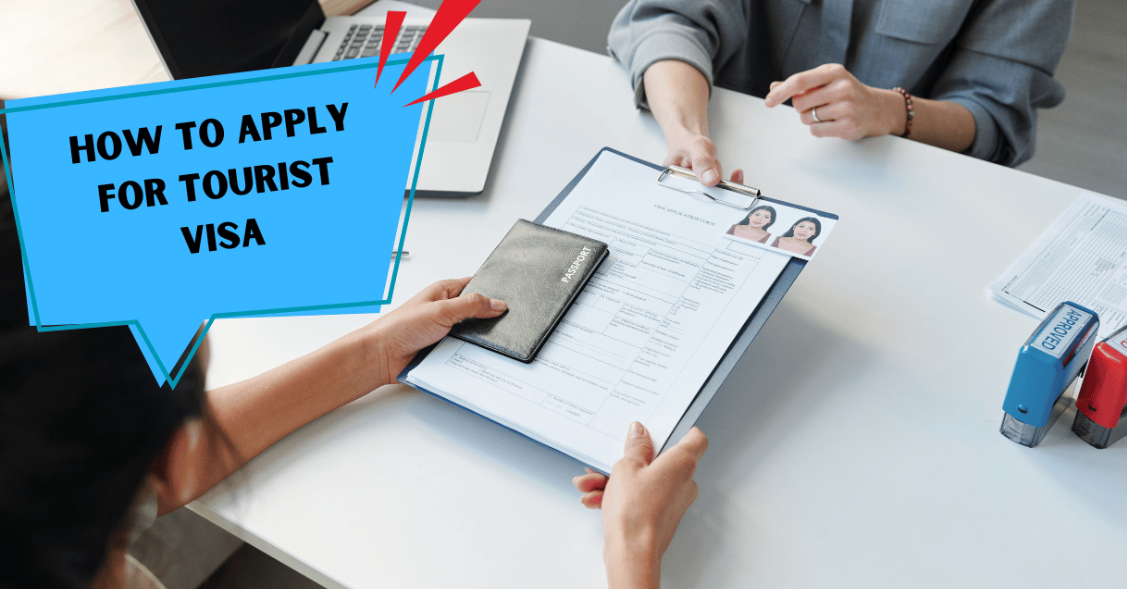
Frequently Asked Questions
When should I apply for my visa?
Submit your application 4-6 weeks before the date you wish to travel. This will allow you a buffer to handle any delays or requests for documentation. During busy travel times, start earlier—8-10 weeks is best. Some countries don’t let you apply until 3 months before travel, so check individual requirements.
Can I expedite in order to ensure a visa will be approved?
There is no service that could possibly guarantee visa approval. Expedited processing does accelerate the review time, but it does not affect the decision itself. Be wary of any agent who says they can guarantee acceptance—that’s probably a scam. Approval is based on complete details regarding eligibility, including documentation.
My visa is taking longer to process than the normal processing times, what should I do?
First, check on the embassy website what are the current processing times as these can be subject to change. If your application is out of the published windows by more than seven days then please get in touch with the embassy through official communication channels. You can mention that you have applied and you would like to enquire about the status of your case. Do not make frequent follow-up calls, as this will not expedite the process.
Is it preferable to apply online or on-site?
This depends on the country. Some accept online applications with biometric appointments, others require in person submission. Online applications usually process much quicker since they are entered into the system the second you submit it, but in person can help you answer questions at the time of submission. Verify the specific requirements for your destination country.
Should I book flights before receiving my visa?
For most visa applications, provide flight reservations (bookings that you can cancel) rather than paid tickets. Many travel agents can assist you with your visa applications by providing temporary reservations. Buy non-refundable tickets only after getting your visa. In certain low-risk countries, no proof of flight is necessary at all.
What if I make an error on my application?
Small errors, such as mistakes in non-crucial fields, can sometimes be addressed during the interview or through a correction letter. Significant errors such as incorrect dates, false information, or selecting the wrong visa type generally get rejected. Call the embassy if you find a mistake after submitting and they will advise on how to explain and correct it.
Are rejections from other countries considered against my current application?
Not necessarily. Each country evaluates applications independently. But some application forms inquire about previous visa refusals. Always answer honestly. Lying about past rejections can get your application instantly dismissed and you banned. Explain the circumstances of the rejection—and how your current application is different from that one.
Is a lawyer necessary for visa applications?
Most tourist and business visa applications do not need lawyers. But more complex issues, such as one involving immigration history or the grounds of a previous deportation or business arrangements that are complex, could benefit from legal guidance. For regular applications, visa consultants or agents are adequate and are cheaper compared to lawyers.
Conclusion On Quicker Visa Approval
There’s no magic formula to getting your visa approved quickly—it has more to do with strategic planning and presenting yourself as a responsible, organized traveler. Apply early, submit thorough and accurate documentation and demonstrate strong ties to home. These basics are the most important for processing speed and approval odds.
Keep in mind that visa officers process thousands of cases and make snap decisions based on the evidence they have before them. Help them help you by giving them strong, relevant and coherent documentation. Each document you present adds to your credibility and genuine reason for traveling.
And although factors such as the workload of your embassy might be beyond your control, you are in charge of how well prepared you are. Spend the time to get it all right the first time rather than rushing and then getting slowed down by corrections or rejections. It’s how much work you put into your application that determines when you will finally have an excuse to get away.
No matter if you’re setting off on a business visit, rejoining your family or taking the adventure of a lifetime, these tips will get you through the visa process without too much hassle. Try these tips in your next visa application and see if you can get an approval before you blink! Safe travels await!
